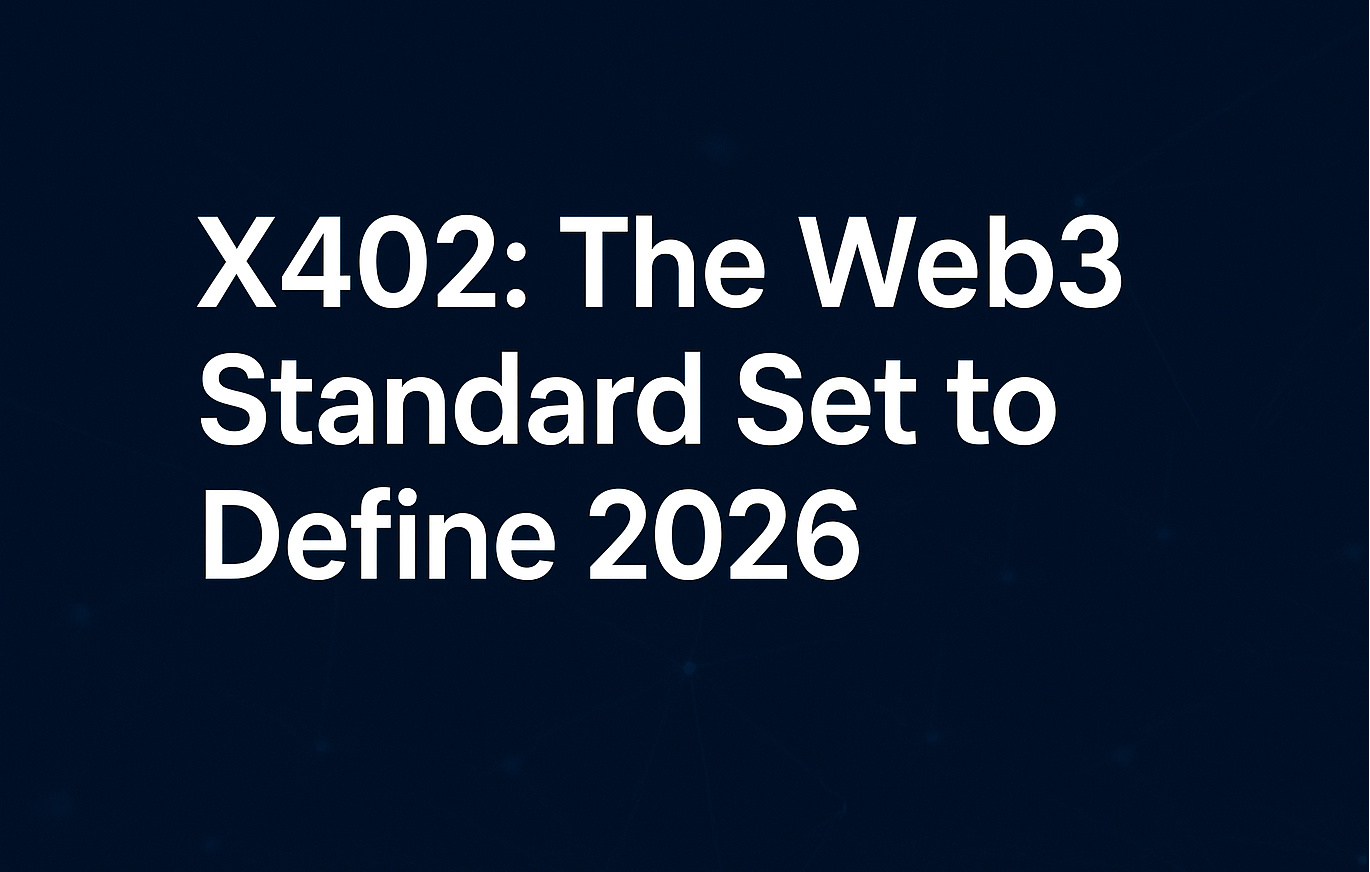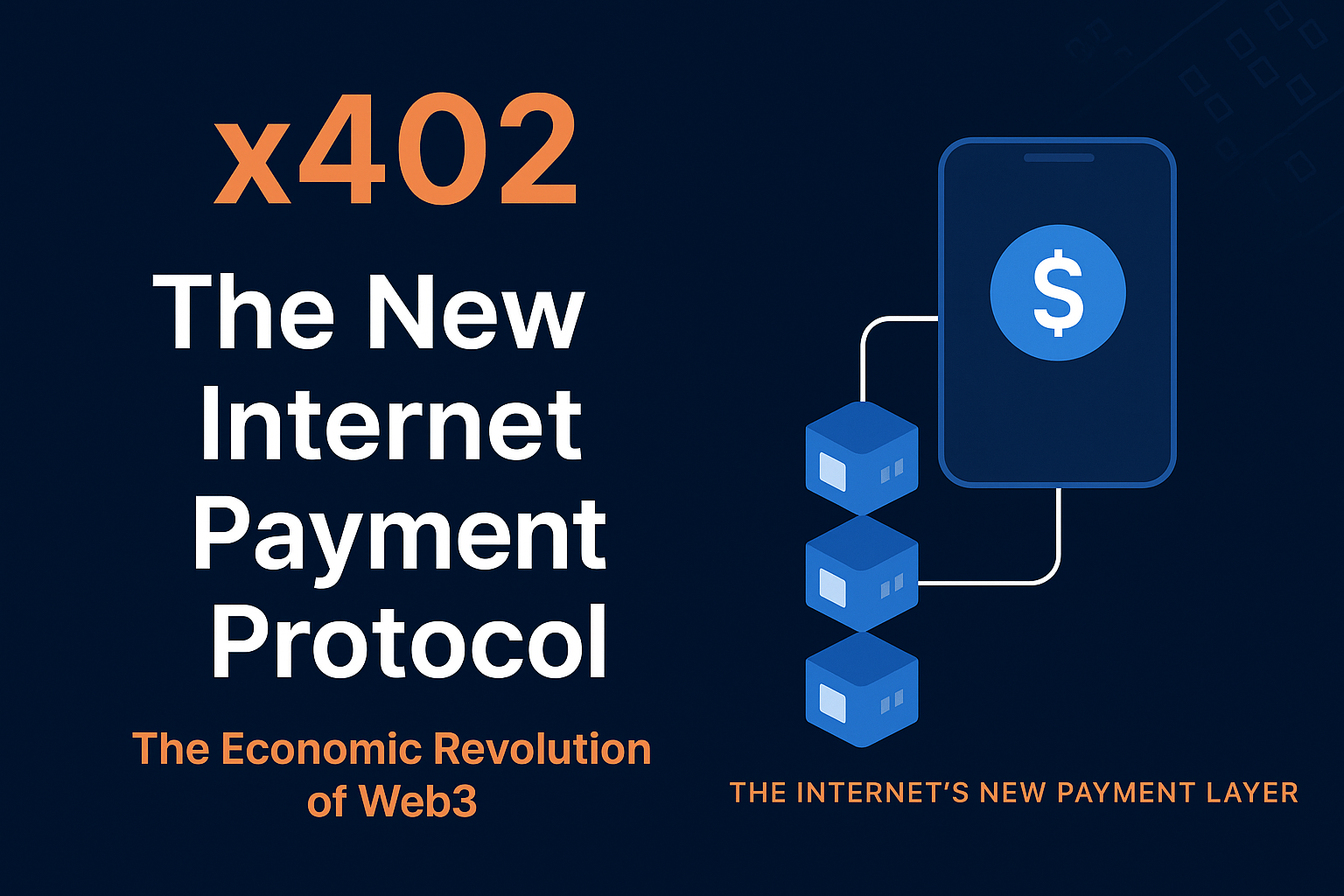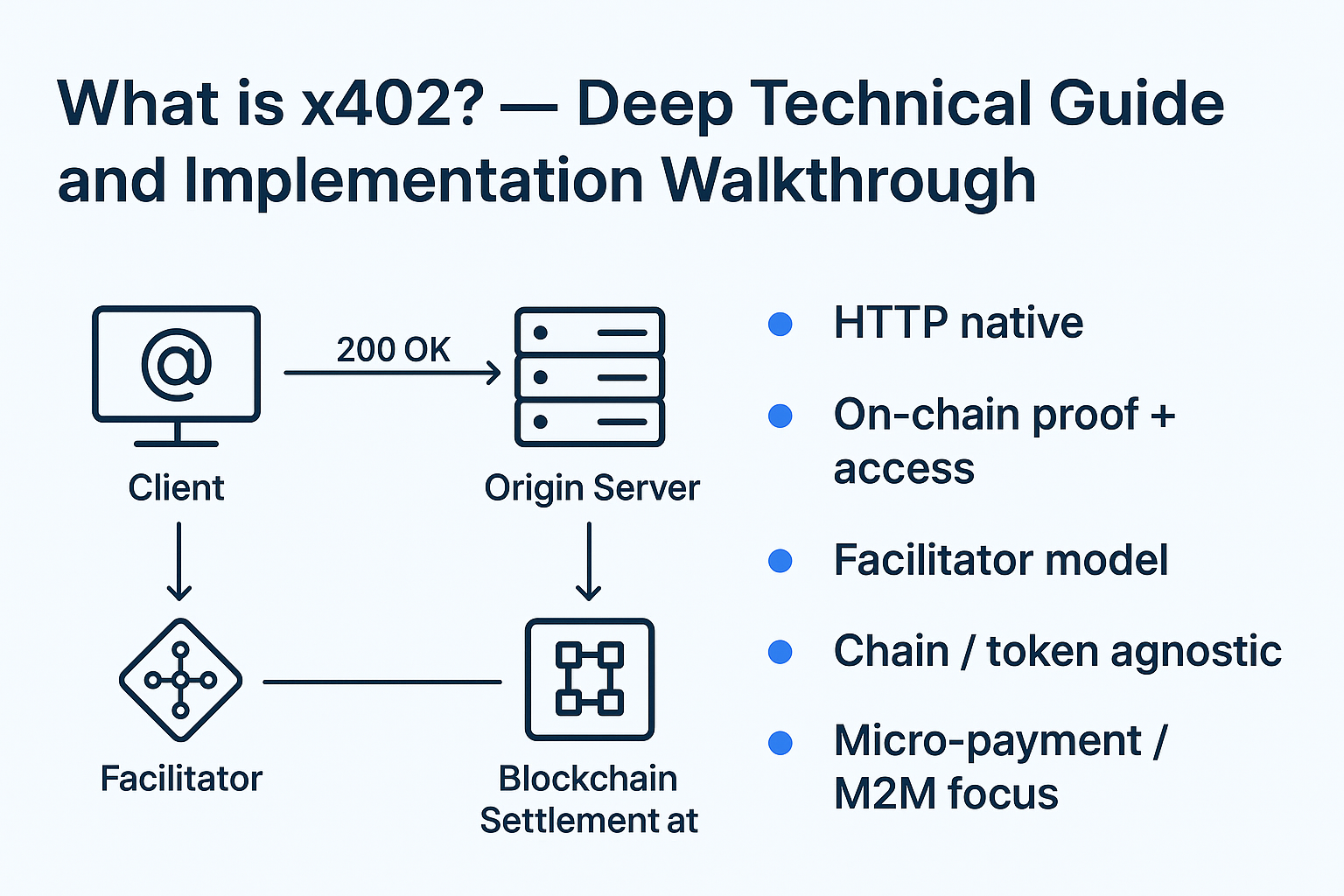A DAO (Decentralized Autonomous Organization) is a decentralized organization built on blockchain technology, designed to operate without a central authority. DAOs enable community-driven governance through smart contracts, providing transparency, security, and autonomy. This article explores what a DAO is, how it works, its advantages, use cases, and its potential for the future.
What is a DAO?
A DAO is a decentralized organization where decisions are made collectively by its members rather than by a central authority. DAOs operate using smart contracts—self-executing contracts coded on the blockchain—that enforce rules and execute decisions automatically.
DAOs typically issue tokens that grant voting rights to holders, allowing them to influence decisions related to the organization’s future and operations.
How Does a DAO Work?
DAOs rely on blockchain technology and smart contracts to execute their processes. Here’s how they function:
- Smart Contracts
- DAOs are governed by predefined rules coded into smart contracts deployed on the blockchain.
- These contracts automatically execute actions when specified conditions are met.
- Token Distribution
- DAOs issue native tokens that represent ownership and voting rights.
- Token holders can propose and vote on governance changes and initiatives.
- Voting System
- Members vote using their tokens, with each token typically representing one vote.
- Decisions are made based on majority votes and executed automatically via smart contracts.
- Fundraising and Treasury Management
- DAOs can raise funds through token sales and manage pooled funds securely on the blockchain.
- Spending decisions are subject to community votes, ensuring transparency.
Advantages of DAOs
- Transparency
- All transactions and decisions are recorded on the blockchain, ensuring accountability.
- Decentralization
- Eliminates reliance on a central authority, distributing decision-making power to the community.
- Automation
- Smart contracts automate operations, reducing administrative overhead.
- Community-Driven Governance
- Members collectively shape the organization’s direction, fostering inclusivity.
- Security
- Blockchain technology provides a secure and immutable infrastructure.
Disadvantages of DAOs
- Legal Uncertainty
- DAOs operate in a legal gray area in many countries, raising regulatory concerns.
- Smart Contract Vulnerabilities
- Bugs or vulnerabilities in smart contract code can lead to security risks.
- Governance Challenges
- Large token holders may dominate voting power, limiting equality.
- Scalability Issues
- DAOs may face decision-making bottlenecks as the number of members grows.
Use Cases of DAOs
DAOs are versatile and applicable across various industries. Key use cases include:
1. Finance and Investment
- Used in DeFi (Decentralized Finance) platforms for managing funds and distributing profits transparently.
- Examples: MakerDAO and Compound.
2. Charities and Fundraising
- Allows communities to pool resources and distribute funds based on collective decisions.
3. NFT and Art Projects
- Governs the creation and sale of NFTs (Non-Fungible Tokens) and supports artists through collective ownership.
4. Startup Funding
- Provides decentralized funding mechanisms for startups and new ventures.
5. Gaming and Metaverse
- Enables governance in blockchain-based games and virtual worlds.
- Examples: Decentraland and Axie Infinity.
Popular DAO Projects
- The DAO (2016)
- The first DAO project, although it suffered a major hack due to a smart contract vulnerability.
- MakerDAO
- Manages the DAI stablecoin and is a leading DeFi project.
- Uniswap
- A decentralized exchange (DEX) governed by its DAO community.
- Compound
- Facilitates decentralized lending and borrowing with a governance token model.
The Future of DAOs
DAOs represent the future of governance and decision-making in decentralized systems. With the growth of Web 3.0, DAOs are expected to expand into industries like finance, art, gaming, and social networks.
However, for widespread adoption, DAOs need improvements in legal recognition, scalability, and security infrastructure. The development of regulatory frameworks and technological enhancements will be key to their growth.
DAOs are transforming traditional organizational structures by enabling decentralized governance and automation through smart contracts. They are secure, transparent, and community-driven, making them ideal for managing decentralized projects in finance, art, gaming, and more. However, challenges like legal compliance and scalability need to be addressed for broader adoption.







